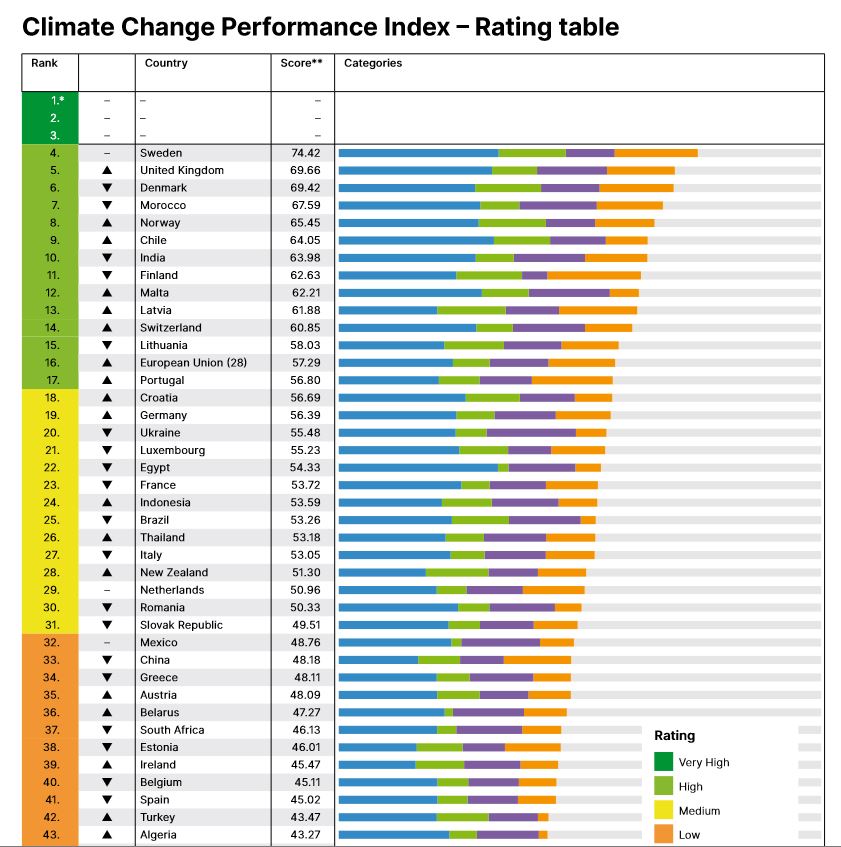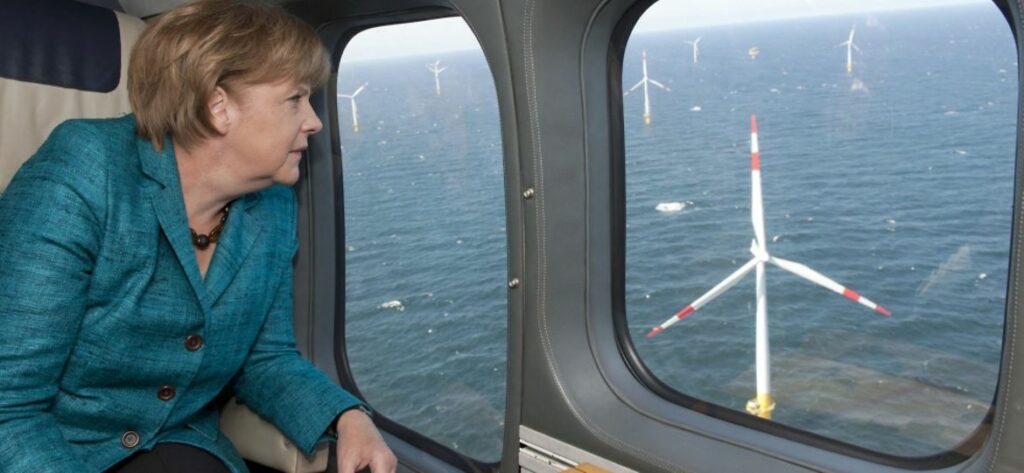Angela Merkel probably understands the climate crisis better than most heads of government. Nevertheless, her actual climate policy record is weak. It’s true that, on the international stage, such as at the United Nations or the G7 summits, Merkel has campaigned regularly for more climate action and helped to keep international cooperation going. This has been particularly visible in Germany becoming a major financier for international climate efforts and and shaping many bilateral climate partnerships.
But her international positive impact stands in stark contrast to Germany’s domestic action and the role that Merkel and her governments have played at home and in the EU. At times, Merkel and her ministers served as the extended arm of the German car industry in Brussels, watering down EU-wide regulation for stricter vehicle emission standards. When push comes to shove, she has given lobby interests precedence over effective climate action: Germany’s coal phaseout comes too late and at too high costs; climate action in the transport sector has been put on the back burner; and the building sector and agriculture have been neglected.
It doesn’t make it much better that Merkel herself claims at her last summer press conference she has “put a lot of energy into climate protection” but states at the same time “we cannot continue at this pace but that we have to move faster.” One should not forget that Merkel was not only Chancellor, but also party leader of the CDU for most of these years. In this role, she has failed bitterly to show climate leadership. She did not spend any political capital in modernizing her party’s outdated climate platform. She just watched the business wing dominate the party’s climate agenda – by watering down most initiatives, if not killing them completely. As of 2021, the CDU lacks a substantial climate platform and credible politicians driving the issue. This vacuum is part of Angela Merkel’s legacy.
Only over the last few years has Merkel moved the climate crisis a bit higher on the domestic agenda. Thanks to protest from Fridays for Future and good showings for the Green Party in the European elections of 2019, she shifted course and convened a climate cabinet. In the end, however, the cabinet delivered a disappointing package. Recently, Germany’s constitutional court ruled that the climate law is unconstitutional because it constrains the rights and freedom of future generations.

Obviously, the country has made progress over the past two decades towards climate neutrality and a renewable economy. But progress has been too slow and costly. As a result, Germany has lost its former international frontrunner role. Under Chancellor Merkel, Germany has slipped further down in international rankings. In the current Climate Change Performance Index, Germany has even dropped below the EU average (Rank 19).
After 16 years of governing, Angela Merkel’s climate legacy is sobering.
Credit Photo above: Federal Government/Bergmann
